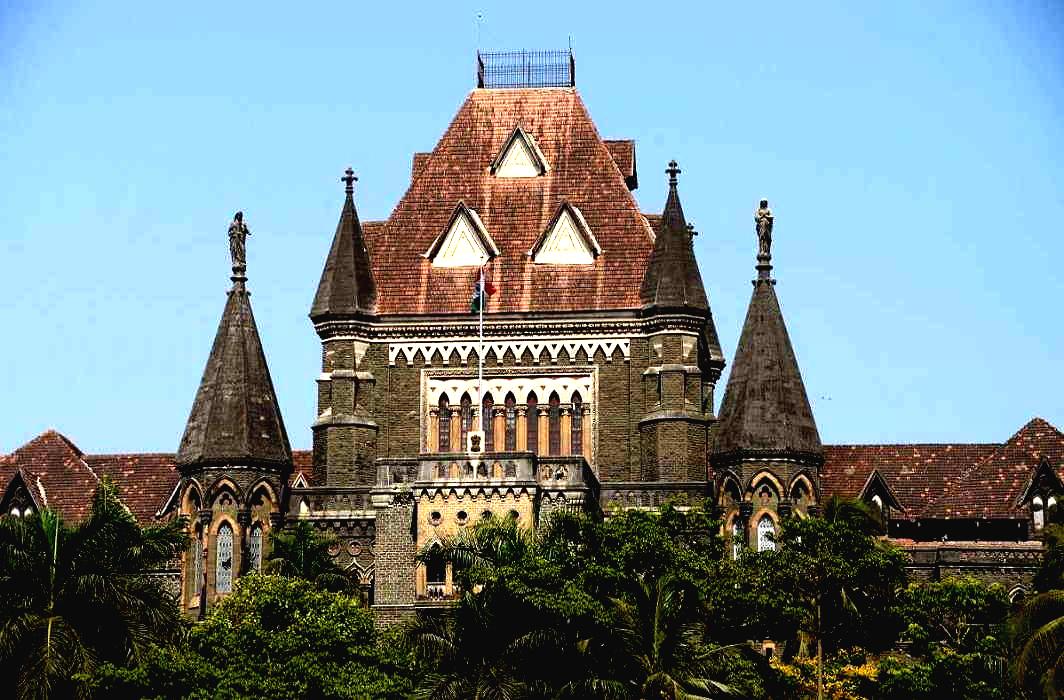Synopsis: The Court makes it clear that this is not a precedent for other places of worship, that before celebrating any festivals or having congregations, other places would have to ask for permission.
On Tuesday, the Bombay High Court granted permission to two Jain trusts to keep their respective temples open for a specified period during the five days of Diwali, subject to visitor entry regulations.
From November 13 to 17, from 6 am to 1 pm and 6 pm to 9 pm, the temples were allowed to remain open by the Vacation Bench of Justice SK Kathawalla and Abhay Ahuja.
After their representation to the state government went unanswered, the plea filed by two trusts, TAKL Gyan Mandir Trust and MRC Trust, sought the opening of two temples operated by each trust for the Diwali festival.
They argued that the public health provisions under Article 25 of the Constitution of India are very well taken care of in Jainism, “as Jainism inspires its adherents to live an environmentally friendly life.”
Advocate Praful Shah, representing the Trusts, stressed that by covering a person’s mouth and nose, rituals such as ‘Jin Puja’ of the deity in the temple are obligatory. One of the primary code of conduct since ages and in this period due to pandemic, adequate care will be taken to observe physical distance during Diwali to remain physically contactless in the Jain temple.
He pointed out that malls and restaurants have been opened by the government to boost the economy, adding that even temples contribute significantly to the economy.

Shah said it is also discriminatory to deprive industries that survive on temple economies of their source of income.
Advocate General AA Kumbhakoni raised concerns that if courts begin to give permission for Diwali to open Jain temples, which is a festival celebrated by all Hindus, then not only the Hindu community, but also the other sections, who have not been permitted to open their places of worship, would be discriminatory to them.
Kumbhakoni strongly objected when the petitioners tried to open 102 Jain temples enlisted in their petition, noting that the plea was a writ petition and not a public interest litigation for the opening of temples and other places of worship.
After considering the submissions of both parties, the court found that there would be no injury or discrimination with regard to the opening of malls and restaurants if two temples could be opened for five days in strict accordance with the Standard Operating Procedures (SOPs).
They further noted that there had been no case of non-compliance with the SOP or government on the last two occasions when restricted permission was given while performing the rituals permitted by the court.
In view of this the court permitted the temples to remain open by allowing not more than 8 people in the temple hall to report for 15 minutes at a time. For the 5 days for which permission has been given, this has to be strictly observed.
The court also stated that this order was limited to the two temples only and could not be used as a precedent to obtain permission from other individuals to hold any festivals or congregations.

